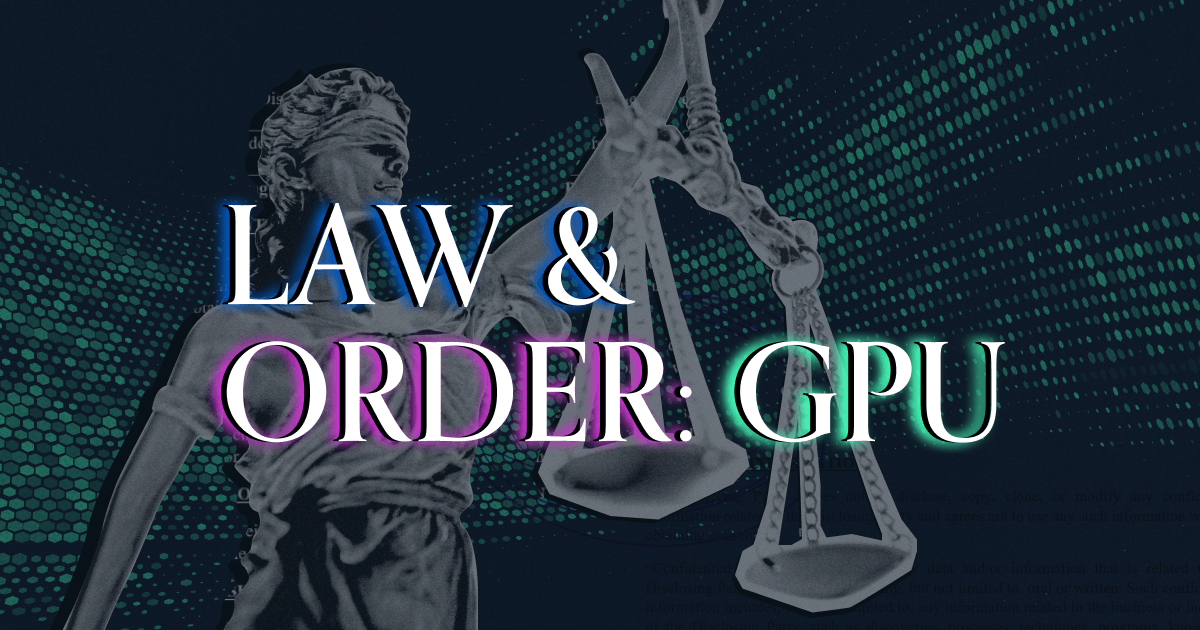Keep thinking: why legal AI makes judgment more valuable
Andrusko's a16z analysis reveals why "thinking partner" rhetoric clashes with billable hour economics. Since AI tools will never be flawless, traceability and workflow adaptation matter more than sophistication

Andrusko's a16z piece is obviously self-serving—he's pitching their legal AI investments—but it captures something interesting about why current tools are not achieving product-market fit. The billable hour creates a fundamental tension: law firms monetize intellectual labor, so AI that augments thinking without reducing hours doesn't obviously help the bottom line. Which means successful legal AI tools need to thread a specific needle. But in-house is a different story.
There are a few other perspectives I'd like to add on the current state of legal tech and AI. First, good enough may actually be good enough. Since these tools will never be perfect, traceability and auditability become more important than sophistication. Next, workflow adaptation takes real time, so the winners will be tools that work within existing processes while gradually introducing new ways of operating—not forcing wholesale change.
Lawyers will indeed need to keep thinking, but about different things. AI won't replace legal judgment; it'll handle routine document work while lawyers focus on strategy, client relationships, and complex reasoning. For legal teams evaluating AI vendors, that means prioritizing tools that enhance rather than threaten your core value proposition.



